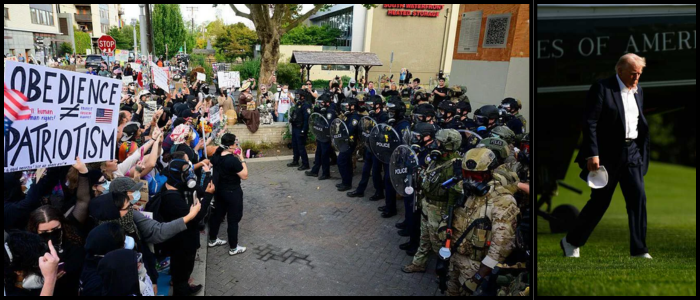Pakistan Hits Back at Israeli Air Strikes, Seals Its Borders
Seventeen months after the earlier flare-up, the latest round of conflict erupted when Israel bombed Iran’s nuclear facilities and carried out targeted assassinations of Iranian officials. Pakistan immediately denounced the attacks as “provocative” and as violations of Iran’s sovereignty.
The Foreign Ministry stressed that the international community and the UN are called upon to fulfil their responsibilities towards international law and to put an end to the aggression against the Gaza Strip immediately.
These latter offensives have resulted in more than 220 deaths in Iran and over 1,000 injuries. Iran has retaliated by firing hundreds of rockets at Israel, leading to the deaths of more than 20 people and major property damage.
As fighting enters a sixth day, Pakistan has moved quickly to seal its 905km (562-mile) border with Iran. Five border crossings in Balochistan were shut down on June 15. Hundreds of Pakistanis, most of them students and pilgrims, have returned from Iran in the past few days. At the Taftan border crossing alone, 45 students and almost 500 pilgrims returned.
The move to seal the border is part of a larger security push in the disputed region of Balochistan, with its dark history and current active separatist groups.
Security challenges in Balochistan and Diplomatic initiatives
The largest of Pakistan’s four provinces by area, Balochistan is flush with minerals, including gold, copper and coal. Strategically, it is significant because of the port of Gwadar, which is a key part of the $62 billion China-Pakistan Economic Corridor. Rich in resources but underdeveloped, the region has witnessed a series of rebellions since 1947, the most recent of which began in the early 2000s.
Secessionist groups, including the Balochistan Liberation Army (BLA) and the Balochistan Liberation Front (BLF), still strive for independence. Many fighters are based near the Iran-Pakistan border. There are fears that if the conflict intensifies, some may attempt to cross into Pakistan for shelter. In order to avoid that, Pakistan has closed its border, to stop it from being flooded.
Pakistan and Iran have a history of bitter cross-border accusations, and regular incidents of violence. In Jan 2024, Iran hit Balochistan of Pakistan and attacked Jaish al-Adl. Pakistan hit back within a day, saying it had struck Baloch separatist hideouts in Iran. Relations were later restored, but such episodes have left Islamabad wary.
Pakistan's Foreign Minister Ishaq Dar told parliament that there are attempts to bring peace between Iran and Israel. He said that Iran was prepared to negotiate if Israel ceased attacks. Pakistan has communicated to other countries in order to persuade de-escalation. Minister of State for Interior Senator Talal Chaudhry also reiterated this position saying "there is an international responsibility to deter against another war which might destabilize the region."
Dread of Refugee Flood and Israeli Military Grasp
Pakistan is also worried about a possible refugee situation on a scale comparable to past Afghan influxes. Millions of Afghans came to Pakistan following the Soviet invasion in 1979, and again in 2021 following the Taliban takeover. Internal violence is surging due to Islamist militants, and now you just got nearly a million Afghan refugees kicked back across the border.
With deep cross-border bonds and a common culture in the border areas, Pakistan fears that a similar situation could be repeated should Iranian civilians begin fleeing conflict zones. The border is long and porous and difficult to secure; unauthorized entry is difficult to stop.
Pakistan is also concerned about Israeli boasting of air superiority over Tehran. Even if Israel attains air control in Iran, its radius of influence can reach into the Pakistan border. This would upset the regional security balance and complicate things even more for Islamabad, which has never accepted Israel as a state and views the country an enemy.
Analysts say while in the past Pakistan has sided with the US when it came to a conflict such as Afghanistan, it may think twice this time because the situation is different within the country. As a majority Sunni nation with a sizable Shia minority — more than 15 percent of its 250 million people — supporting the use of force against Iran could lead to domestic unrest.
Pakistan is a case in point, because it’s trapped between needing to be careful in its diplomacy, not have porous borders, keeping its own house in order and not getting sucked into a wider war in the Middle East.
Politics

Pakistan fears fallout as Iran-Israel conflict intensifies

Pakistan, meanwhile, has condemned Israeli operations and warned of possible security challenges along its western border as tensions escalate between Iran and Israel. As violence escalates, Islamabad is worried that the fighting could spread and destabilize it from the inside while souring regional ties outside it.















